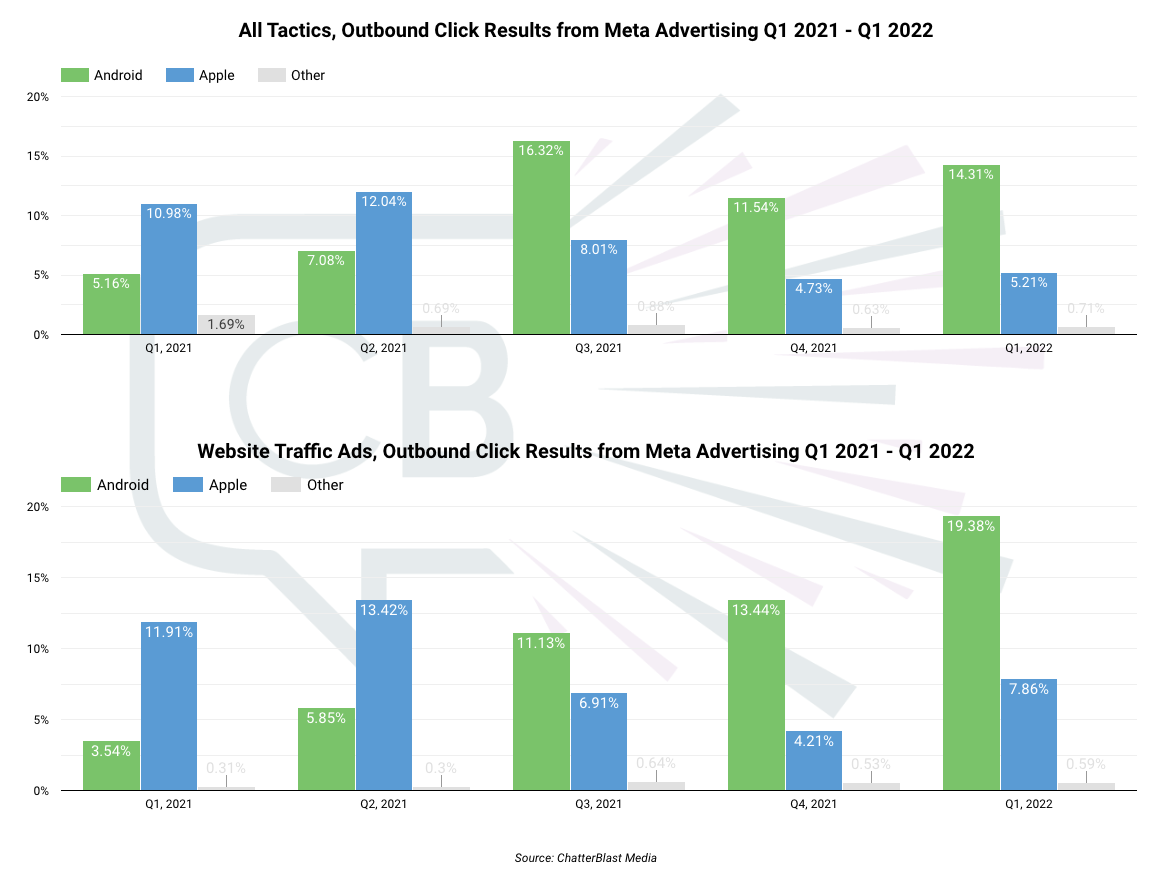Recent changes have hit the digital marketing world in a resounding way. Over the last few months, there have been shifts in policy across all platforms and mediums. How have these changes impacted our advertisements and campaigns, and what comes next?
Major updates like Apple’s Private Relay arejust the beginning, as privacy and big tech companies across the world are facing legal issues that will change the landscape of advertising, tracking, and targeting audiences. The European Union is already implementing these new methods, and domestically, there has been backlash and issues with big tech companies changing their own policies. This has a trickle-down effect into business and personal life.
In its simplest form, ad tracking is the use of metrics like impressions, clicks, and conversion rate to measure how people are interacting with digital ads. This allows advertisers to create relevant ads for their target audiences and see who those audiences actually are. Seeing audiences’ habits and interests helps advertisers focus on people who will actually be interested in the product or service they offer. However, this is all changing right under our noses, as mechanisms like URL tracking, cookies, and pixel tracking are becoming less and less feasible due to new legislation.
What is Private Relay?
Private Relay is a new form of browsing through Apple’s iCloud that allows you to choose your own IP address, making it harder for you to be tracked around the web. This is akin to a VPN, but actually offers more features. Not only is it more secure, but your information is also encrypted twice and no outside sources (not even Google) can use it.
The update, coupled with the iOS 14.5 changes, will shift the landscape of tracking forever, impacting apps like Facebook, LinkedIn, Twitter, and all others that rely on tracking for ads. Private Relay has to be toggled on in the settings, so much of the public isn’t actually aware that it exists—yet. The general assumption is that around 30% of people have turned this on and could account for some of the number fluctuations we have seen with our own data. Safari has also been affected, banning third-party cookies from its browser.
What are the ripple effects?
In a similar move to update privacy and tracking on its web browser, Google has stated it will begin to block third-party cookies in 2023, which is significant since Google Chrome is by far the most popular web browser. Popular demand (and legislation) pushing for privacy-focused ad targeting has Google shifting to consumer interests over individual behavior, making first-party data (like email addresses) essential in the new age of privacy-focused companies. If you’re interested in these privacy wars, Google’s FLEDGE API is something to keep an eye on.
The ChatterBlast Ads & Analytics team has been monitoring the impact of these changes, and we’ve noticed the largest shifts in who is actually receiving the ads we set, specifically on Meta (Facebook and Instagram). The amount of Android users receiving our ads has greatly increased, which directly lines up with the release of iOS 14.5 in April 2021. Our numbers reflect how Apple and its subsidiaries are being affected.
The following graph shows our exact findings:
Throughout the past year, the average number of iPhone users in the United States of America is around 56-57% of the population, while Android is around 40-41% of the users. This means that due to recent updates, Meta is sending a disproportionate amount of ads to Android users.
Although most other metrics have been parallel to this change and the numbers have flip flopped in Android’s favor, there is one outlier: the post engagement metric still favors iPhone in all quarters besides Q4 2021. While we can’t pinpoint exactly what this means, it heavily implies that Apple users are still just as engaged as before—and just as likely to click on ads—so there’s no reason why they should be receiving less ads across other tactics. This is one of the endless variables that could contribute to changes in data as platforms update their policies.
What does the future hold?
In what is considered a major upgrade to those in the field of analytics, Google Universal Analytics is headed to retirement and will be replaced by GA4. This move will help Google stay inline with new laws that are coming down the funnel and compete with other data collection companies that offer more in-depth analysis by moving to a more people-focused and interaction-focused form of measurement.
These are just some of the major changes that came our way in the past year and a half, and by the end of 2022, we’ll likely see a lot more action in the marketing world. We know this is a lot of information, and the good news is that we’re here to help! If you’re looking to stay ahead of the curve and deliver quality campaigns in a privacy-first, consumer-focused way, we’re always here to provide expertise, transparency and data-driven methods to help businesses get the most out of their marketing.




